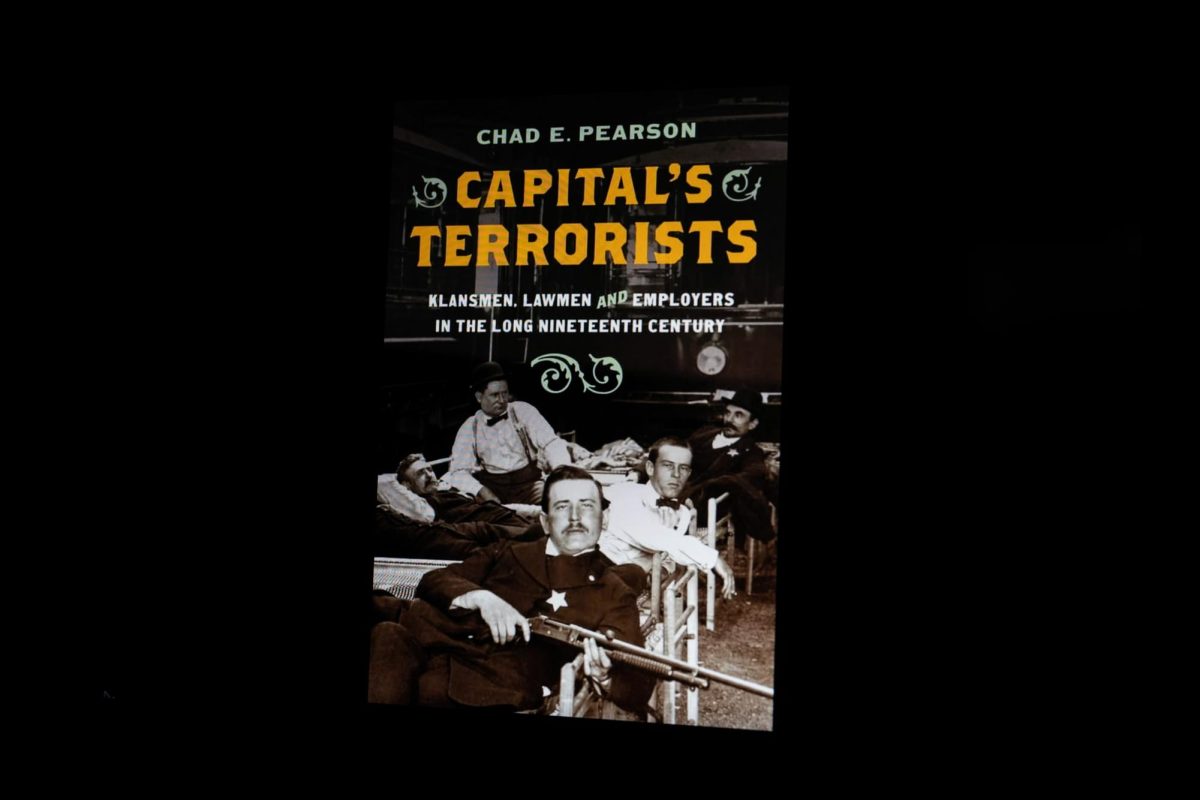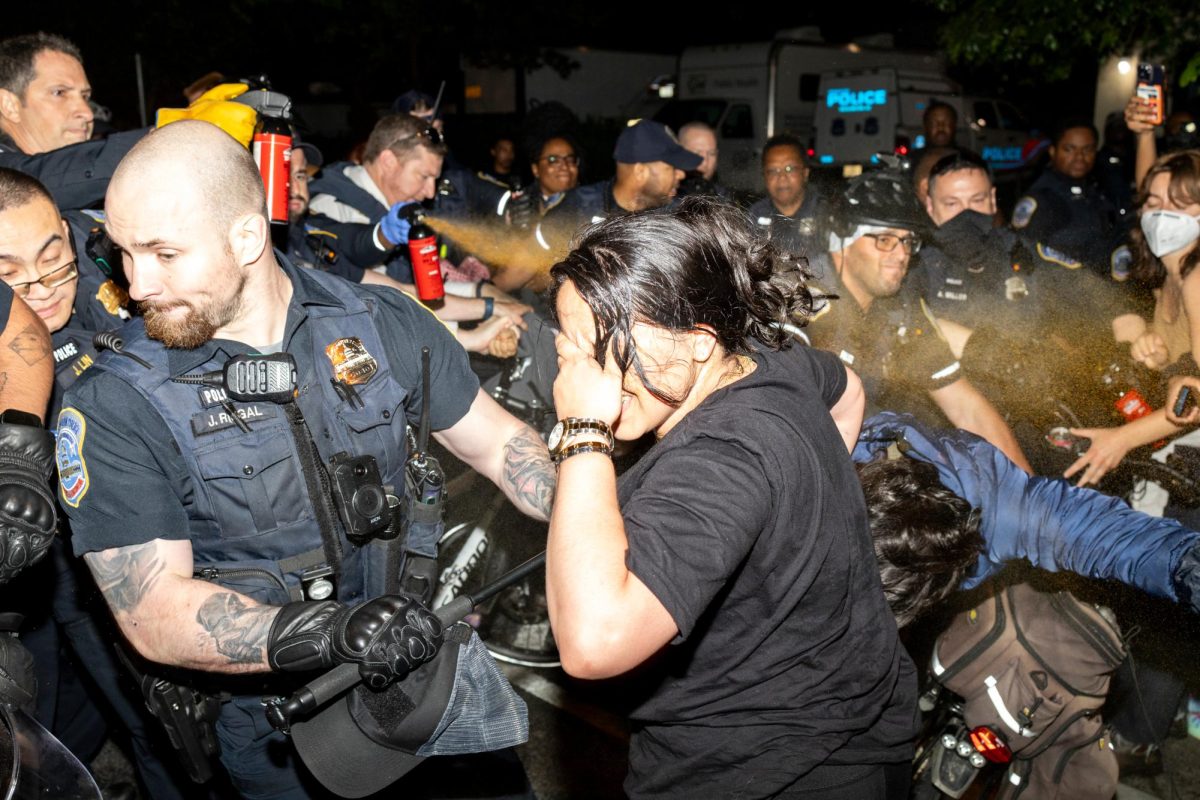The Elliott School of International Affairs dean discussed global implications of the Clinton Doctrine and U.S. involvement in Kosovo Thursday during a lecture in the Stuart Hall Commons.
Dean Harry Harding gave the lecture, entitled What the Clinton Doctrine Means for Asia, as a part of the Pacific Affairs Studies Society’s (PASS) Brown Bag Lecture Series.
Harding said the questions some Asian colleagues have asked him focus on issues regarding the legitimacy of the U.S. intervention in Kosovo.
Harding said the most compelling question involves which player in the international community has the authority to sanction an action such as the U.S. intervention. The question implies that it is permissible to respond militarily in the international arena without the authority of the United Nations, Harding said. He said this implication is disturbing to many Asians.
Harding said U.S. discussions on the results of initiatives in Kosovo are grounded in the functionality of the mission, such as the cost effectiveness of the intervention and whether the U.S. would intervene in conflict again. Issues of U.S. intervention in Asia center around the legitimacy of U.S. action and the precedent past actions have set, Harding said.
Thomas Sisk, chairman of PASS, said he was pleased with the outcome of the lecture.
The goal of PASS is to look at current issues and bring in what Washington has to offer, said Sisk, mentioning that Harding is a key Washington resource.
He always brings in a crowd, Sisk said. He’s great at clarifying large macro issues, keeping it clear and concise.
Harding also said he was satisfied with the lecture.
It was nice to get the issues out, and we generated some interesting conversations, he said to attendees. Elsewhere in the world people are talking about this issue (of legitimacy), and this is the longest sustained conversation I have had in this country about it.







